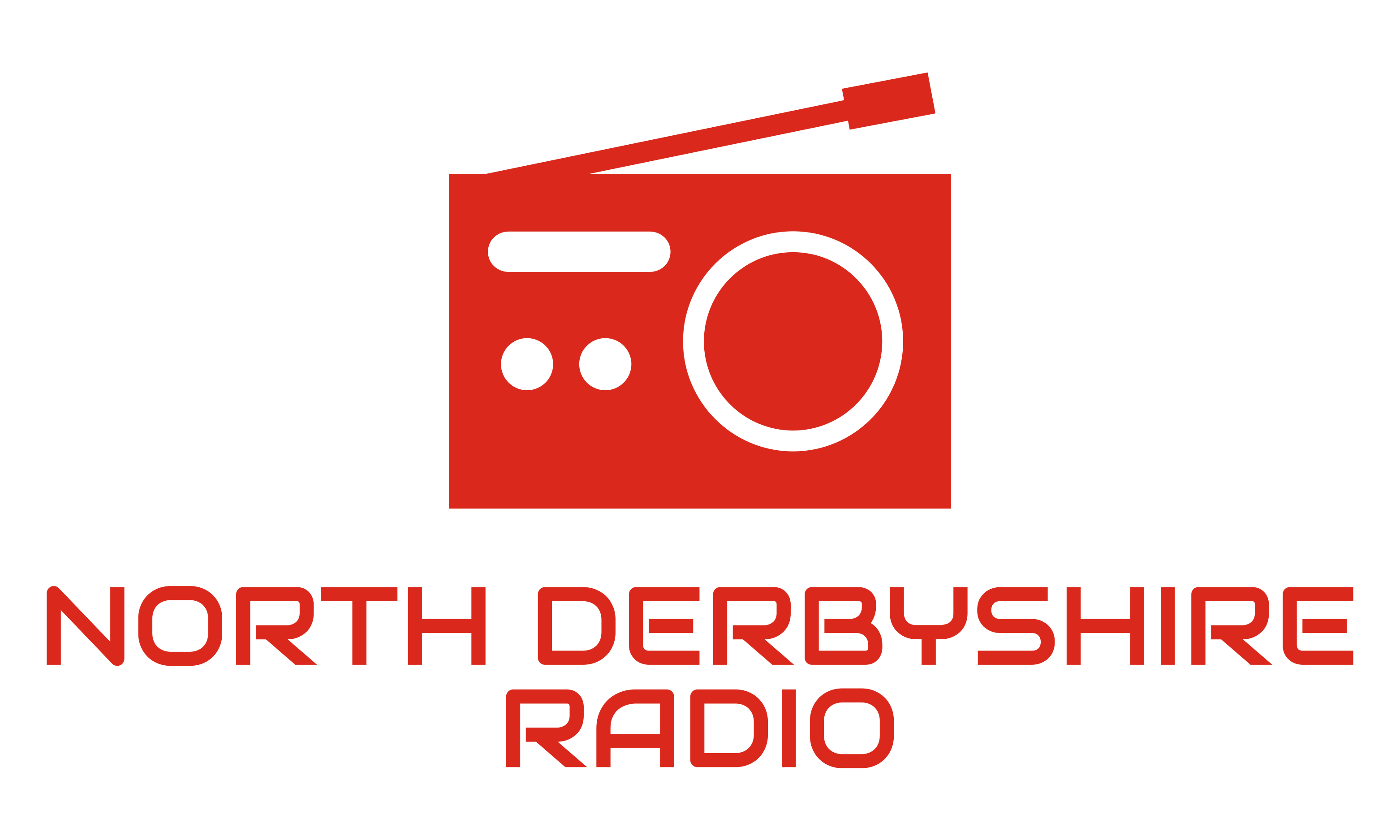Extra fees linked with bin collections totalling more than £1.2 million are costing a Derbyshire council dearly as it plans its budget.
Derbyshire Dales District Council is set to approve its budget for the next year, including an increase in its council tax precept of 2.94 per cent – £6.58 more a year for Band D taxpayers to a precept of £230.10.
In its budget papers, set to be debated next week, the authority outlines the financial difficulties it faces over the next few years.
As it stands, in two years, from 2025 the authority will need to make cuts in the region of a quarter of its entire annual spending budget each year in order to stay buoyant.
In the financial years of 2025, 2026 and 2027 the council is set to require savings of £2.8 million, £2.9 million and £3.1 million respectively – with an annual budget this year of £12.2 million.
Its officials make clear: “The savings gap represents almost a quarter of net revenue spending so it will be very challenging to meet this target and difficult decisions will need to be taken.
“There is a great deal of uncertainty relating to levels of inflation, interest rates and government funding.
“This means that, while it will be possible to set a balanced budget for 2023/24 with moderate use of reserves, tough decisions will need to be taken to achieve a sustainable, balanced budget for 2024/25 and beyond.”
“During 2024/25 officers will be working with members to prioritise spending and to ensure that a sustainable balanced budget can be set for 2024/25 onwards.”
It says its reserves (its rainy day fund), due to be £2.6 million in 2024 “will not be sufficient to address all inflationary pressures, especially for years beyond 2023/24”.
Within its budget papers, a key theme is the rising costs associated with bin collections in the Dales.
The council outlines that inflation fees on its £3.1 million a year waste contract with Serco have seen costs rise by more than half a million (£544,000) – an 18 per cent increase.
Meanwhile, there is an extra charge to the council of £695,000 due to the changed location of the place where organic waste in the district is recycled, caused by the closure of Vital Earth in Ashbourne in early 2022.
A further reference relating to waste collection is the need for the council to set aside funding to buy a new fleet of bin lorries in 2026, when the six-year lifespan of the £3.6 million fleet it bought in 2020 will need replacing.
The council also speaks of the impact of inflation on its utilities, seeing its electricity bill rise by £118,000, fuel by £11,000 and gas by £3,000.
Overall, the average council tax bill for Derbyshire will total £1,600, this is for Band B taxpayers, which is the most common banding in the county.
Of this, most is owed to the county council (£1.477.98), followed by £207.36 to the police, £178.97 to the district council, £66.76 to the fire service and some areas will owe additional fees to town and parish councils.



